Tired of aggressive pool chlorination? With a salt water pool system, the chlorine content is reduced to a minimum and is only produced by converting salt into free chlorine.
Advantages of salt water systems:
If you find chlorine in the pool too aggressive, switch to a saltwater pool. The salt water system converts part of the salt into free chlorine to disinfect the pool. Saltwater pools are particularly pleasant for sensitive skin than chlorine-only pools.
Finding the right salt water system for your pool:
We present the most popular products in our recommendations 2024 and have summarized the most important information for a successful purchase in our checklist and guide. You are guaranteed to find the right salt water system with these tips!
Contents:
- Top picks: The best pool salt water systems 2024 reviewed.
- Checklist: These features are important.
- Bestseller: The most popular pool salt water systems at a glance.
- Guide: How to make the right decision.
- FAQ: Frequently asked questions and answers about pool salt water systems.
The best pool salt water systems 2024 reviewed
1. best salt water pool system for 17,000 l
Thanks to the chlorine generator, it is no longer necessary to add chlorine to the pool. The pool water is enriched with natural salt or sea salt, which enables gentle disinfection of the water.
Why we like it: The integrated electrolysis process reduces the amount of chlorine required by up to 60 %. The system remains clean and effective thanks to the 3 self-cleaning modes.
Recommended for: This Intex salt water system is ideal for pools with a capacity of approx. 17,000 liters.
2. best salt water system with sand filter system
This INTEX sand filter pump enables effective cleaning of the pool water. It filters out dirt particles and impurities and keeps the water clean and clear.
Why we like it: The salt water system is integrated into a sand filter system. It is equipped with a universal connection that is suitable for all INTEX pools.
Recommended for: This Krystal Clear salt water system from Intex is also suitable for slightly larger pools with a capacity of approx. 56,000 liters.
3. best automatic salt water pool system
Why we like it: This salt chlorine generator saves the last operating status and can therefore equalize the values the next time it is switched on. The system is easy to operate and takes up little space.
Recommended for: BHDD salt water chlorinator is particularly useful for people who want to avoid the use of traditional chemicals such as chlorine.
4. best salt water system for 55 cubic meter pools
This system uses electrolytic processes to convert the salt dissolved in the pool water into chlorine. The chlorine produced keeps the water clean and free of bacteria and algae.
Why we like it: This salt chlorinator is equipped with a control system. which monitors the chlorine content in the water and produces the required amount of chlorine. This eliminates the need to add chlorine products manually, which makes pool maintenance much easier.
Recommended for: This salt water system is suitable for pools up to 55 cubic meters in size.
5. best salt water pool system with pH controller
This salt chlorinator ensures a continuous supply of chlorine to the pool and enables constant water disinfection.
Why we like it: This salt water system combines salt electrolysis, dosing pump and pH controller. This guarantees complete disinfection and well-maintained pool water. The device produces up to 12 grams of chlorine per hour.
Recommended for: This salt chlorinator is ideal for pools and swimming pools up to 60 m³.
Pool salt water system checklist: These features are important
- Pool: When purchasing a salt water system, the type and size of the pool should be taken into account.
- Water: The water can be purified with chlorine or salt water systems. Both disinfect well. Salt water is gentler on the skin.
- Maintenance: To ensure that the salt water system lasts a long time and works well, it should be serviced regularly.
Also interesting: The best pool care 2024?
Bestseller: The most popular pool salt water systemm
(**Last update 2024-12-03)
More articles you might find interesting:
- Automatic pool vacuum cleaner
- Instantaneous pool water heater
- Intex pool heaters
- Mini whirlpool for the balcony
- Pool pH meter
- Pool privacy screen
- Pool solar heating
- Pool sun protection
- Pool winter agent
- Pool lighting
- Pool landing net
- Pool ladder
- Pool vacuum cleaner
- Pool chair
- Pool documents
- Pool swim trainer
- Solar pool shower
- Pool solar mat
- Springboards for pools
- Beach balls
- Beach accessories
- Diving goggles for children
- Diving toy
- Underwater housing
- Water air mattress
- Water ride
- Beach balls
- Water slide for the garden
- Water toys
- Whirlpool tent
- Whirlpool mat
Buy pool salt water system:
How to make the right decision
Salt water systems offer an alternative to conventional chlorine treatments. Salt water systems are less aggressive and therefore gentle on skin and hair. Maintenance is simple and comparatively rare. The following points should be considered when making a purchase.
Pool: What needs to be considered with the salt water system?
Before purchasing a salt water system, the pool type and size should be taken into account. Depending on the pool, a different system may be the better choice.
The salt water systems are supplied with a recommendation for a specific pool size. The systems always have a certain capacity within which they provide sufficient power. For pools that are significantly larger than the recommended pool size of the salt water system, the performance is impaired. The capacity of the salt systems is specified in liters.
Models with a capacity of 3,500 or 7,500 liters are sufficient for above-ground pools and small swimming pools. For large swimming pools, the salt water system should have a capacity of around 60,000 liters.
Water: chlorine or salt water in the salt water pool system?
When buying a pool, you also have to decide whether the pool should be disinfected using chlorine tablets or a salt water system. Both models keep the water clean when used correctly, but have different advantages and disadvantages.
A salt water system converts salt into free chlorine by electrolysis. The amount of chlorine produced in salt water is only the amount required and is quickly broken down again. In a chlorine pool, chlorine is present in bound form; sunlight turns it into free chlorine, which disinfects the water and then dissolves.
➤ Skin compatibility:
Salt water is less aggressive for the skin and hair as the chlorine content is very low. A salt water system is particularly worthwhile if children or dogs swim in the pool.
Salt electrolysis is used to automatically generate and dose chlorine in the water. Deposits are avoided and use is safe. There is no unpleasant chlorine odor and the water is gentle on the skin. Due to the disinfecting effect of salt, the water can also help with skin problems.
➤ Costs:
Salt water systems are quite expensive when first purchased, costing between 300 and 1,500 $, but the operating costs are much lower as the pool salt is cheap and lasts a long time. There are also energy costs for the system.
However, salt water systems are much more environmentally friendly than chlorine tablets, as they only require non-toxic salt. There is no need to constantly buy new chlorine and the system takes care of the dosing.
Maintenance: How is the pool salt water system maintained?
Salt water systems can be installed and maintained by yourself. To maintain the performance of the system, the following points should be observed:
- If it is a system with a digital display: check it for warning messages
- Salt supply should be kept at the recommended level
- Check the appliance for limescale
- Follow the manufacturer’s instructions exactly
Nevertheless, the pool should be shocked with chlorine after the winter break to guarantee the cleanliness of the pool and to kill off the organic substances. A self-cleaning appliance can also be purchased to keep maintenance costs even lower.
Self-cleaning salt water systems have a time-controlled, automated pole reversal. This means that the negative and positive poles are swapped regularly. This prevents limescale deposits and ensures that the electrolytic cell delivers the same performance over the long term.
FAQ: Frequently asked questions and answers
- 1 Pool: What needs to be considered with the salt water system?
- 2 Water: chlorine or salt water in the salt water pool system?
- 3 Maintenance: How is the pool salt water system maintained?
- 4 Which is better salt water pool or chlorine?
- 5 How does salt water electrolysis work?
- 6 Can a saltwater pool tip over?
- 7 How does a pool salt water system work?
- 8 Where can I buy a salt water system for the pool?
- 9 How much does a pool salt water system cost?
- 10 Is there a test from Stiftung Warentest or Ökotest for the salt water pool system?
Which is better salt water pool or chlorine?
How does salt water electrolysis work?
Can a saltwater pool tip over?
How does a pool salt water system work?
Where can I buy a salt water system for the pool?
How much does a pool salt water system cost?
Is there a test from Stiftung Warentest or Ökotest for the salt water pool system?
*Price includes VAT, plus shipping. Customer reviews, prices, delivery times and costs may change in the meantime. By linking to selected online shops and partners, we may receive a small affiliate commission. There are no additional costs for you.

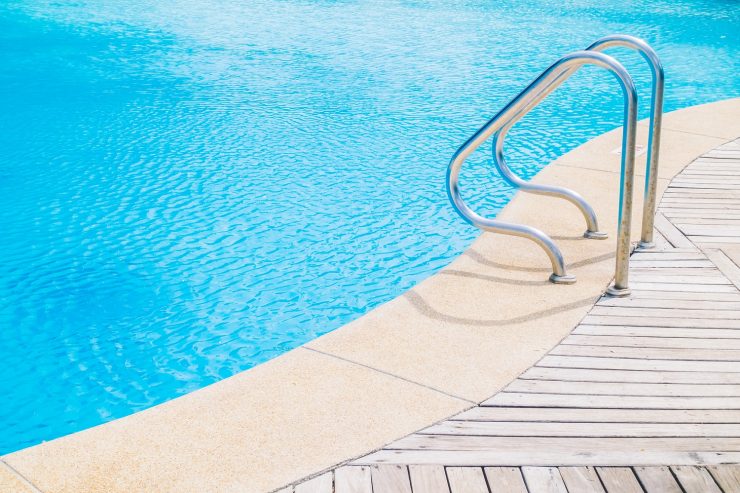

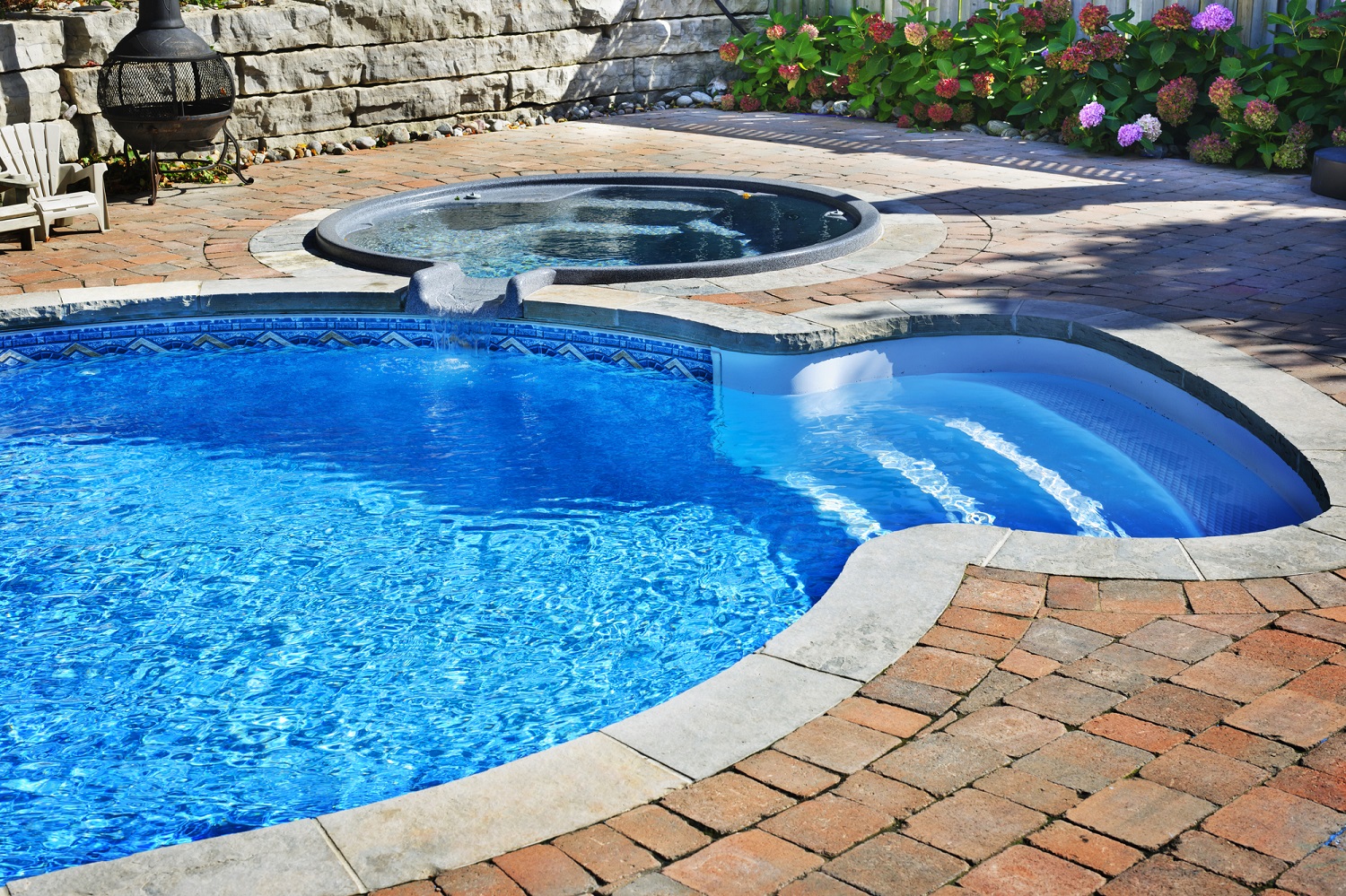
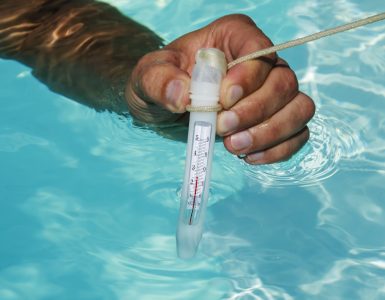
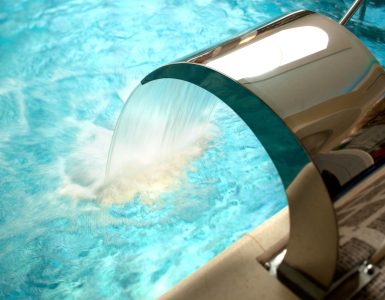
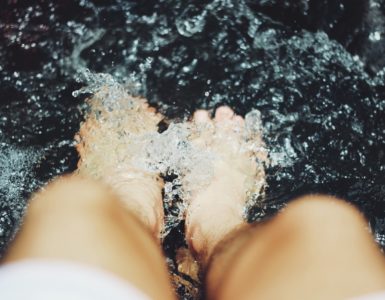
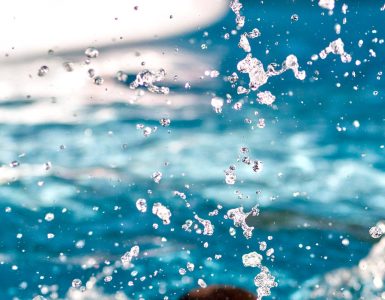










Add comment